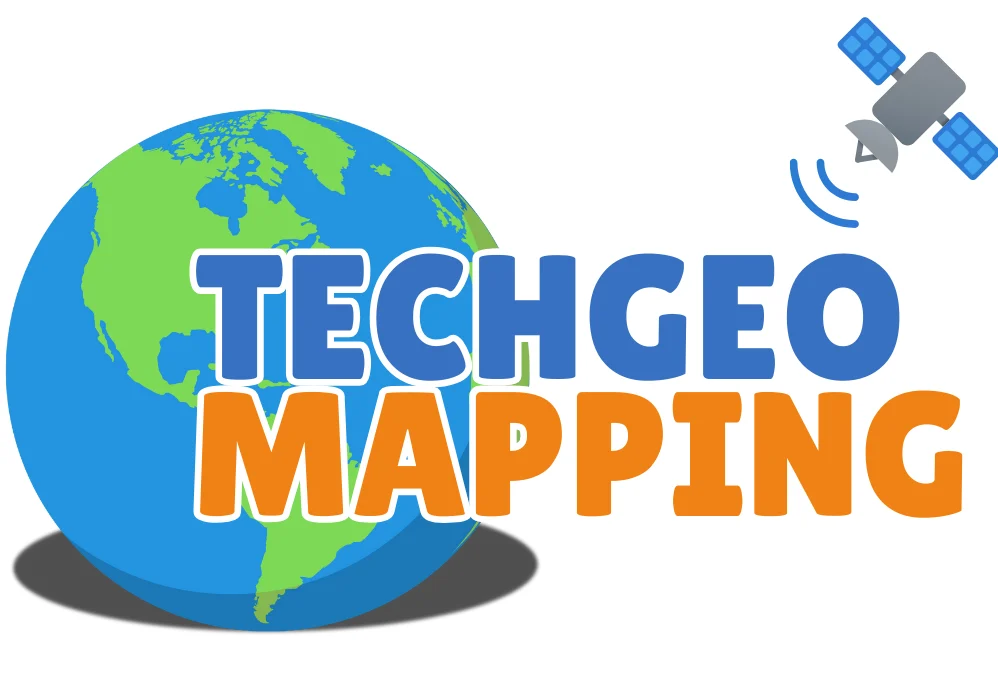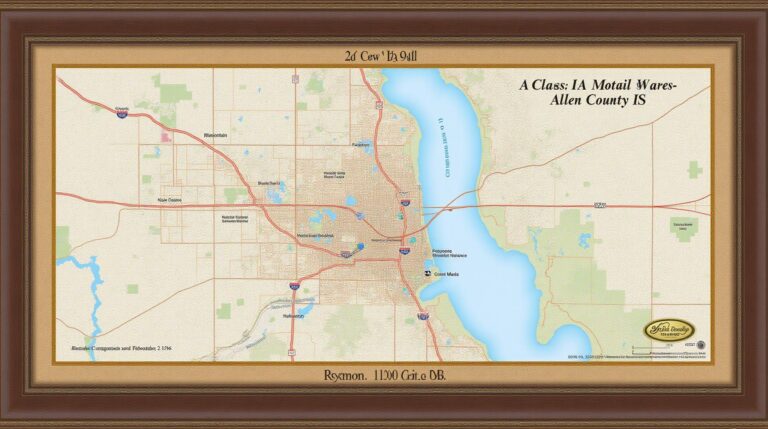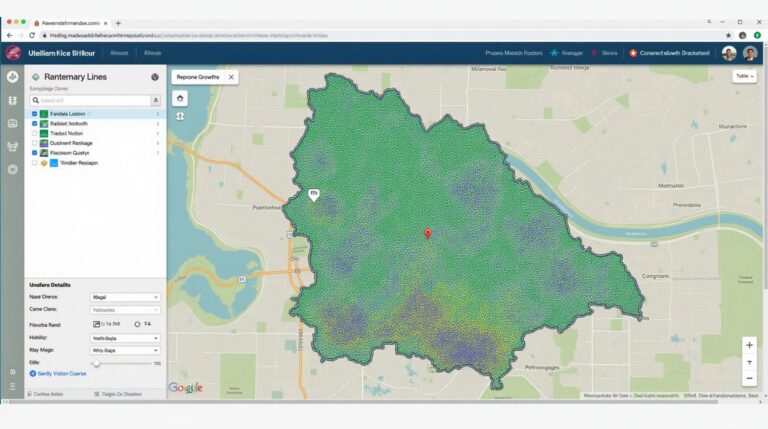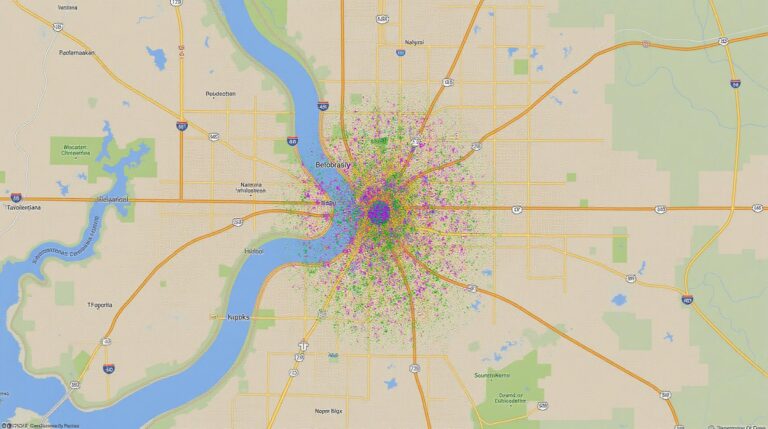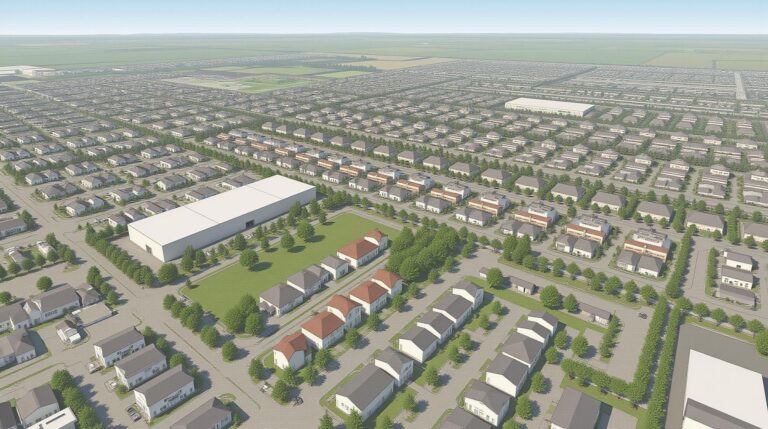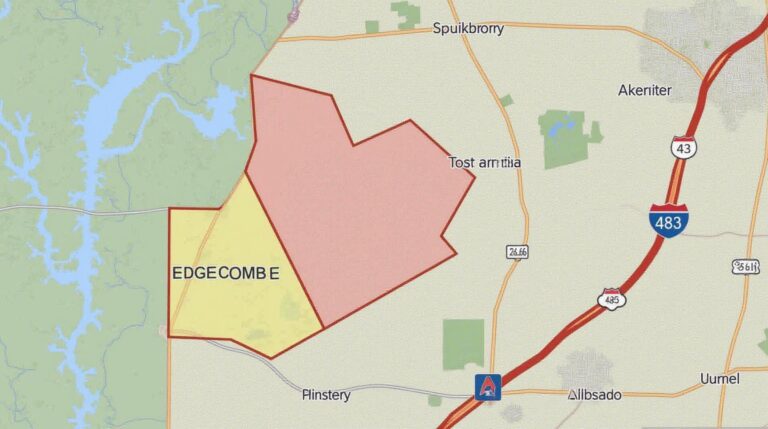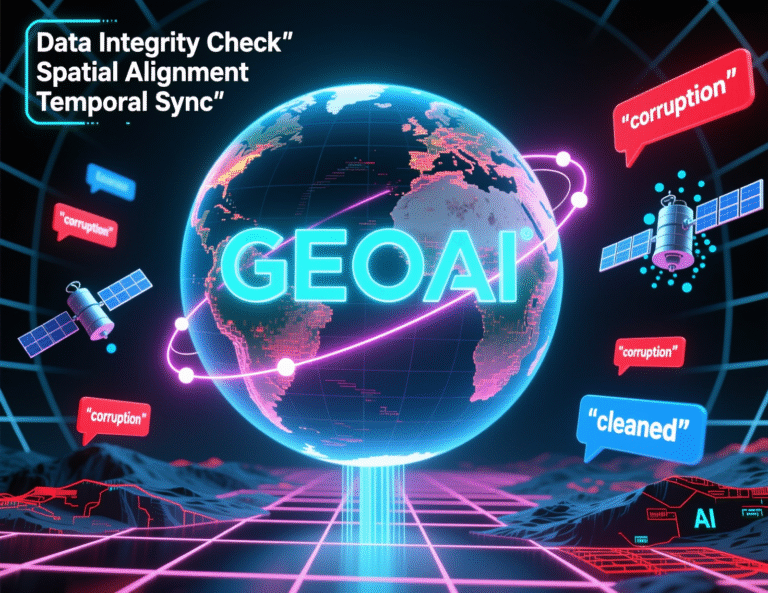AI for Geospatial Data Validation – Quality Assurance
AI for Geospatial Data Validation – Quality Assurance
In today’s data-driven world, the quality of geospatial data is of paramount importance. Its accuracy, consistency, and timeliness are crucial for decision-making in areas like urban planning, environmental management, disaster prediction, and more. However, the vast and complex datasets involved in geospatial analysis often require rigorous quality assurance (QA). Here, artificial intelligence (AI) offers a powerful new approach, automated methods for validating, detecting anomalies, and enhancing the quality of geospatial data.
What is Geospatial Data Validation?
Geospatial data validation assesses the accuracy, completeness, and validity of geographic information. This process ensures that the data meets specified criteria and can be confidently used for analytical tasks. Traditionally, this involved manual inspection, which is time-consuming and prone to errors in large datasets.
The Power of AI in Geospatial QA
AI brings efficiency and accuracy to geospatial QA. Here’s how:
- Automated Pattern Recognition: AI algorithms learn from existing high-quality geospatial data, enabling them to identify anomalies or inconsistencies that might escape human observation.
- Automated Feature Extraction: AI can automatically extract meaningful information from geospatial data, ensuring consistency and reducing manual errors.
- Predictive Modeling: AI can predict potential data errors before they materialize, allowing for early intervention and data remediation.
- Deep Learning Frameworks: Powerful deep learning models like convolutional neural networks (CNNs) and recurrent neural networks (RNNs) have surpassed human experts in their ability to analyze complex features in geospatial datasets.
Benefits of AI in Geospatial Data QA
Implementations of AI for geospatial data QA offer substantial benefits, including:
- Increased Efficiency**: AI significantly reduces manual validation efforts, efficient handling of large datasets, and accelerates the overall data QA process.
- Improved Accuracy**: AI’s capability to detect subtle patterns and anomalies achieves a higher level of data accuracy compared to traditional methods.
- Reduced Costs**: By automating tasks and minimizing manual errors, AI significantly reduces costs associated with manual QA processes.
- Enhanced Insights**: AI-powered QA unlocks deeper insights into the data, enabling data discovery and improved decision making.
Practical Applications of AI for Geospatial QA
Here are some real-world applications of AI and how it’s utilized in geospatial data validation
- Map Data Validation**: AI can analyze satellite imagery, aerial photos, and map layers to identify inconsistencies, errors in parcel boundaries, etc.
Resources for Exploring AI in Geospatial QA
Interested in diving deeper into the exciting world of AI for geospatial data validation? Consider these resources:
- Research Organizations**: Organizations like Maxar Technologies, Esri, Google Earth Engine, and Terradata are actively developing innovative solutions in geospatial AI
- Open Source Libraries**: Tools like TensorFlow, PyTorch, and Scikit-learn provide powerful open-source frameworks for geospatial data processing and analysis.
Conclusion
Artificial intelligence revolutionizes geospatial data validation and quality assurance. It offers an efficient and accurate way to harness the potential of huge geospatial datasets, improving decision-making across industries. Incorporating advanced AI methods into your geospatial QA workflows will greatly increase the quality and utility of your data.
Check similar topics:
GeoAI Data Validation for Smart Decision Making
GeoAI data validation ensures accuracy, reliability, and trustworthiness for your geographic intelligence systems. This essential practice helps prevent misleading analyses, misinformed decisions, and ultimately, ensures the integrity of geo data reliance.
Availability
GeoAI data validation is available through various platforms including our GeoAI Data Validation Platform. Optimise your geoAI analysis workflow with pre-processing capabilities.
Data Formats
GeoAI data validation facilitates diverse data formats. It can withstand spatial data formats like:
- GeoJSON
- Shapefiles
- Geodatabases
Usage
GeoAI data validation emphasizes better performance and immaculate data for applications like:
- Spatial analysis and data visualization
- Environmental monitoring and resource management
- Urban planning and traffic management
Why GeoAI Data Validation is Essential
Accuracy is undeniable! Correct geo data plays a pivotal role in intelligent decision-making within geoAI. This includes allocating resources effectively, predicting future outcomes more accurately, and producing impactful business insights.
Actionable Insights
Implementing effective geoAI data validation is key to unlocking the true potential of your geoAI project. Never underestimate the power of a well-validated dataset!
